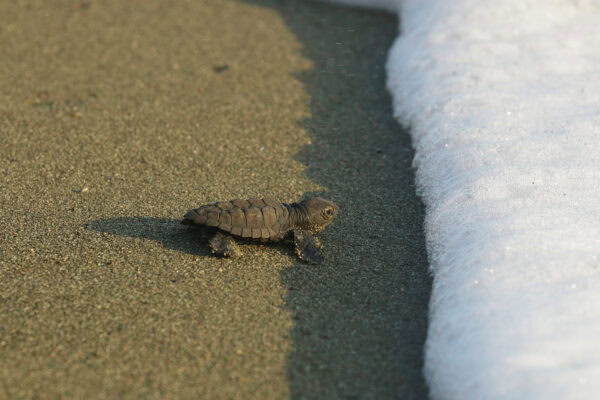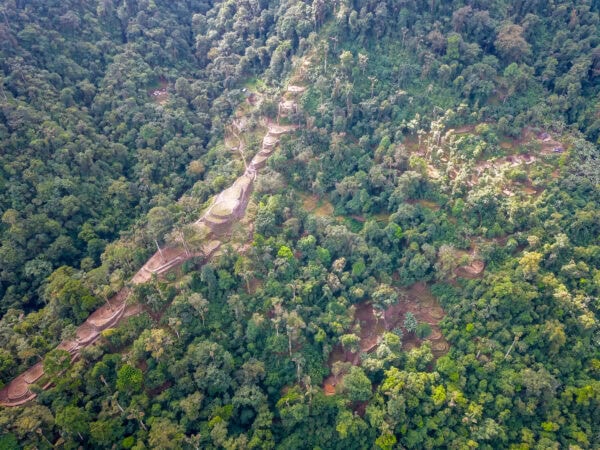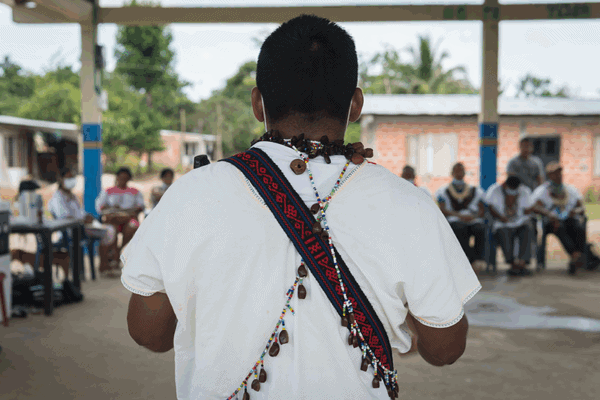PROTECTING THE FOREST, PROTECTING THE FUTURE
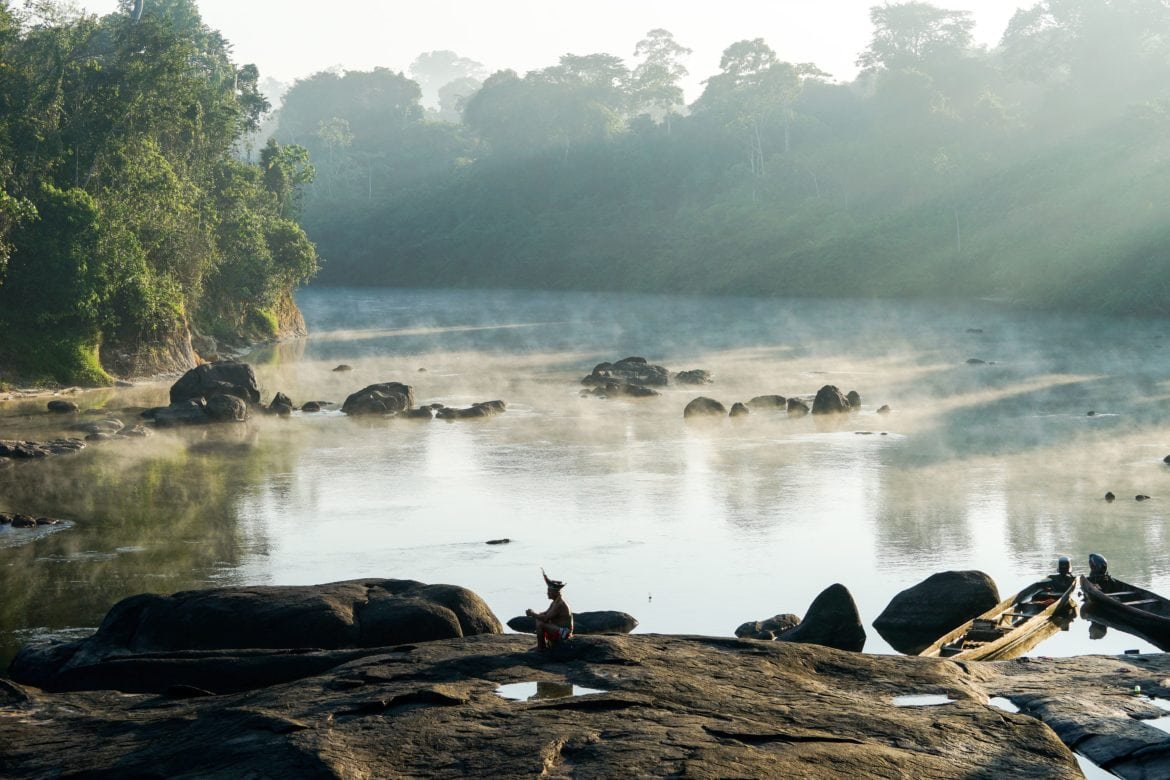
The Amazon is a pivotal, life-sustaining force for people and the planet. It shelters critical biodiversity, absorbs massive amounts of carbon, cools the air, and regulates water cycles worldwide. Beyond its indispensable ecological benefits, the Amazon is home to indigenous and local communities whose physical, material, and spiritual well-being are deeply tied to the health of the forest.
At the Amazon Conservation Team® (ACT®), we believe that the health of the Amazon is inseparable from the vitality of its peoples. This is our founding and guiding principle—to protect the rainforest by protecting its peoples and their rights to land tenure and management, sustainable livelihoods, and self-determination in governance and tradition.
Since 1996, ACT has pioneered this biocultural approach based on direct collaboration with communities who live in Amazonia. In the decades since, studies have repeatedly shown that areas where indigenous peoples have control over their territory have some of the lowest deforestation rates, in some cases even lower than national parks. And approximately 80% of the world’s remaining terrestrial biodiversity is found within the territories of indigenous peoples.
Today, ACT has offices in Suriname, Brazil, and Colombia, and focuses the majority of our work on the northeastern Amazon—Suriname and its neighboring regions in Guyana, French Guiana, and Brazil—and the northwestern Amazon, primarily Colombia and its neighboring regions in Brazil and Peru. Each worksite offers diverse challenges, but also tremendous opportunities to protect what is left of the Amazon, having some of the largest tracts of rainforest and many indigenous groups whose livelihoods depend on healthy ecosystems.
The Guiana Shield
Located along the northern coast of South America, the Guiana Shield is a 1.7-billion-year-old geological formation that is home to lowland and submontane forests and high flat-topped peak mountains, known as tepuis. In its entirely, the Shield embraces approximately 25% of Amazonia. The boundaries of the Guiana Shield encompass the southern reaches of Guyana, Suriname, and French Guiana and cross into northern Brazil. This region has one of the highest rates of forest cover in the globe (with French Guiana at 95% and Suriname at 93%), sequesters a substantial quantity of carbon, and contains an immense amount of the world’s fresh water. Across the eastern region of the Guiana Shield where we work, you will find a thriving region of more than 30 million hectares of intact rainforest that is home to communities of diverse indigenous groups. ACT has been active in this area since 2002, first developing biocultural maps of the region with indigenous communities. These maps serve as tools not only for the transmission of indigenous knowledge, but also for internal governance, territorial planning, and conservation. Today, ACT is leading a long-term initiative to establish a 30-million-hectare biocultural corridor across the Guiana Shield that is managed by indigenous peoples across borders and recognized by governments.

OUR APPROACH
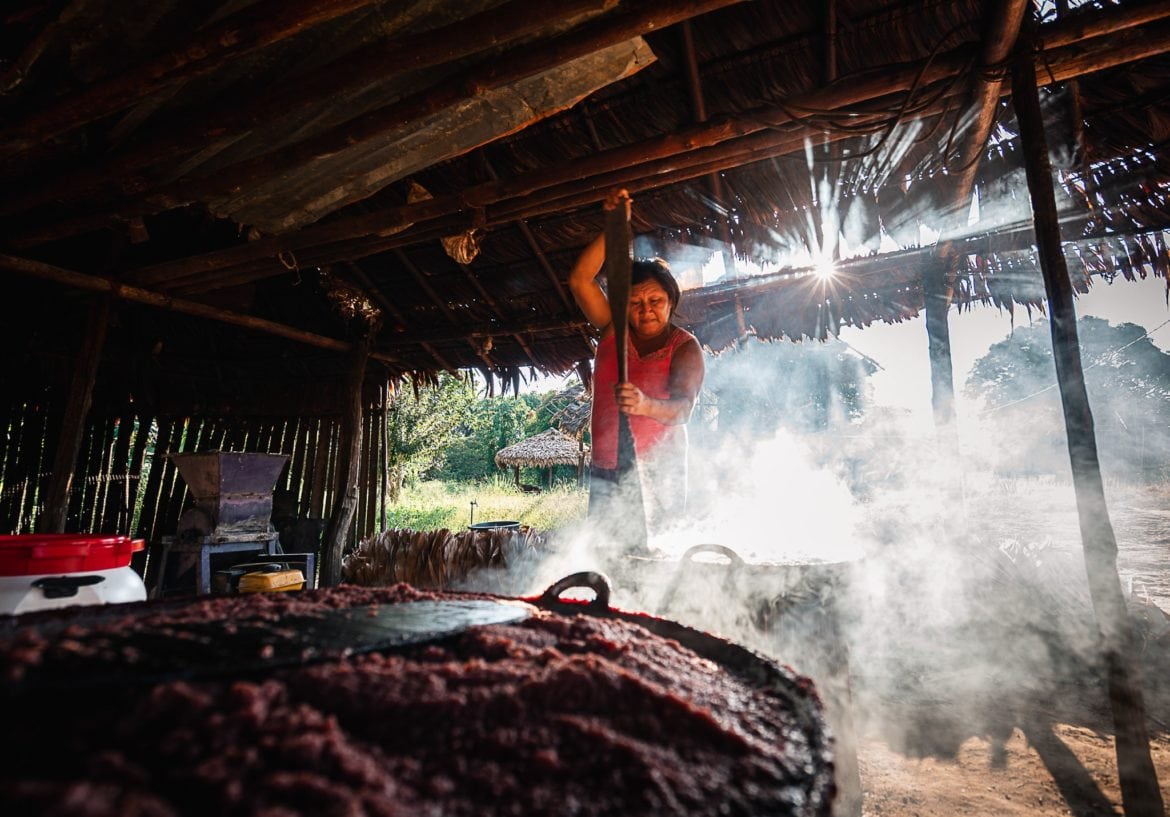
ACT works in true partnership with indigenous and local communities of South America to help ensure their cultural survival and protect ancestral territories in some of the largest tracts of pristine rainforest on the planet. Communities invite our collaboration, and together we discuss their priorities for healthy forests and thriving communities. We then co-create and jointly implement strategic courses of action. Our work begins in the forest – with the people who live there – and then expands to the state, national, and regional level.
THREE MUTUALLY SUPPORTIVE STRATEGIES GUIDE ACT’S HOLISTIC APPROACH TO BIOCULTURAL CONSERVATION:
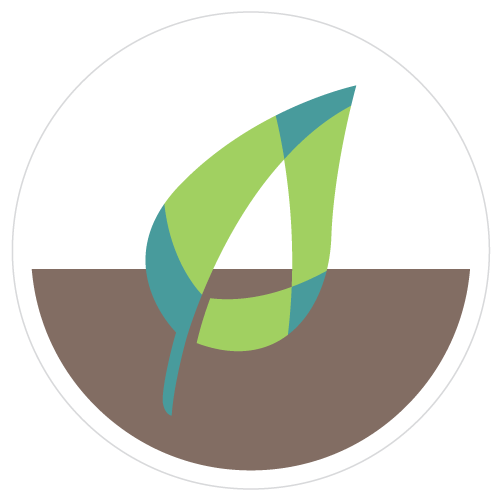
- LAND – Protecting biodiversity, tropical forests, and ancestral territory through sustainable land and resource management with partner communities.

- LIVELIHOODS – Improving physical health, food sovereignty, basic community infrastructure, and economic security to ensure collective well-being and territorial permanence.
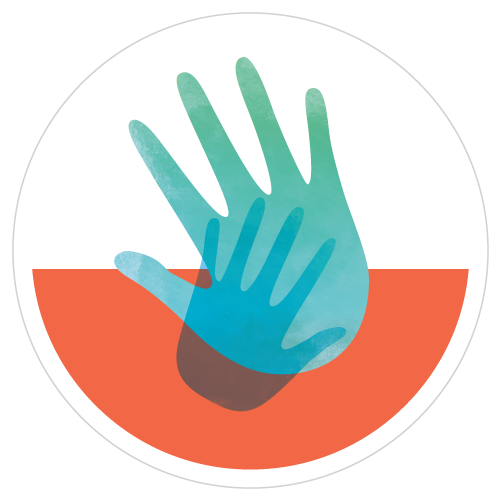
- GOVERNANCE – Supporting self-determination, human rights, and indigenous cultural recovery and revitalization.
LAND
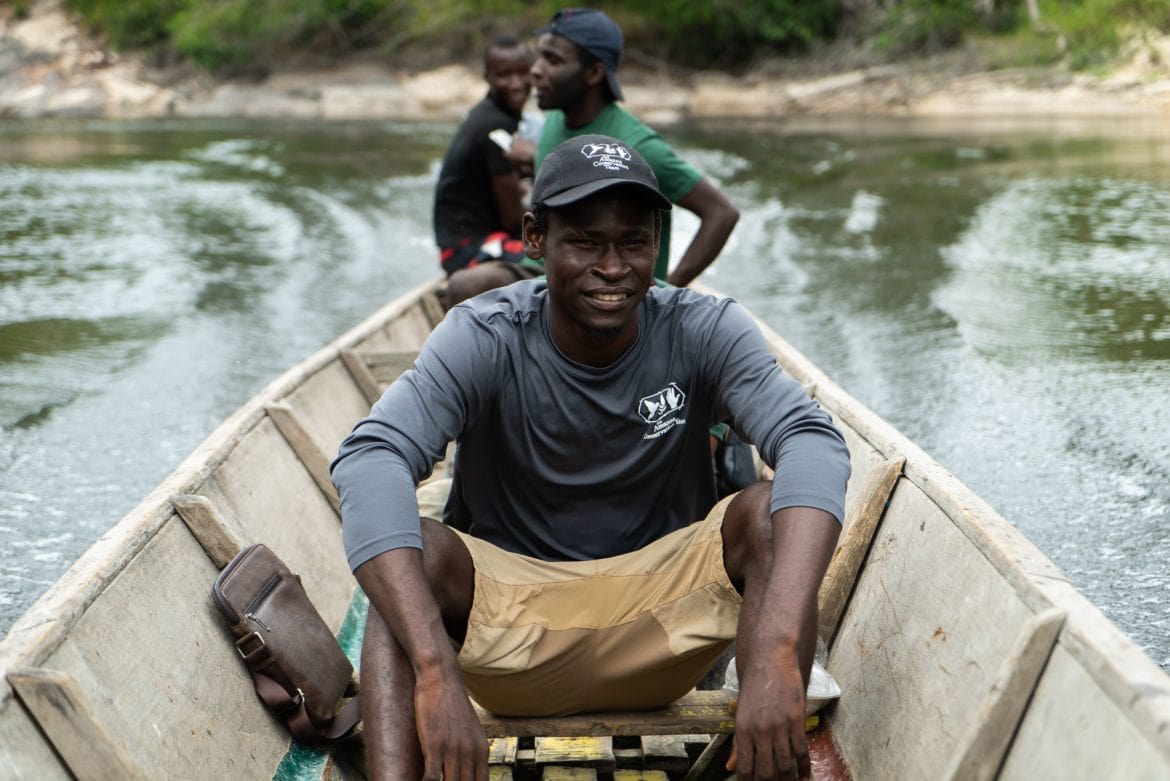
AMAZON CONSERVATION RANGERS (ACRs)
Launched in 2007 in Suriname, ACT’s flagship ACR program trains and equips indigenous and Maroon community members to protect their territory and natural resources. (The Maroons are descendants of enslaved peoples who fled colonial plantations for the rainforest and have now resided there for hundreds of years.) Currently, there are 42 active indigenous and Maroon rangers who are trained by ACT in forest monitoring and management. The ACRs measure water quality, review satellite imagery for indicators of deforestation, monitor for illegal intruders, and collect preliminary data on the wildlife trade. The data they gather provides indispensable information for community leaders to make informed decisions about land management.
ACRs also conduct biological inventories of their forests in collaboration with universities from Suriname and the Netherlands, adding a further layer of rigor to their skills and expanding their database significantly. This data provides key information for both village and national-level natural resource and biodiversity management plans. Information on forest management collected by the rangers has been used by the SBB (Suriname’s governmental Foundation for Forest Management and Production Control), and for biomass and carbon calculations within the REDD+ Program.
COMMUNITY MAPPING
For more than 20 years, ACT has facilitated the creation of biocultural maps with indigenous and Maroon partner communities. This cartographic tool, developed by the communities themselves, records their culture and history, biological resources, and knowledge of their territory — and helps carry this knowledge to the next generation. These maps also document the extent of their territory and are a critical resource in advocating for themselves with outside entities. To date, we have helped our partner communities map approximately 10 million hectares, about two-thirds of the country’s area.
LIVELIHOODS
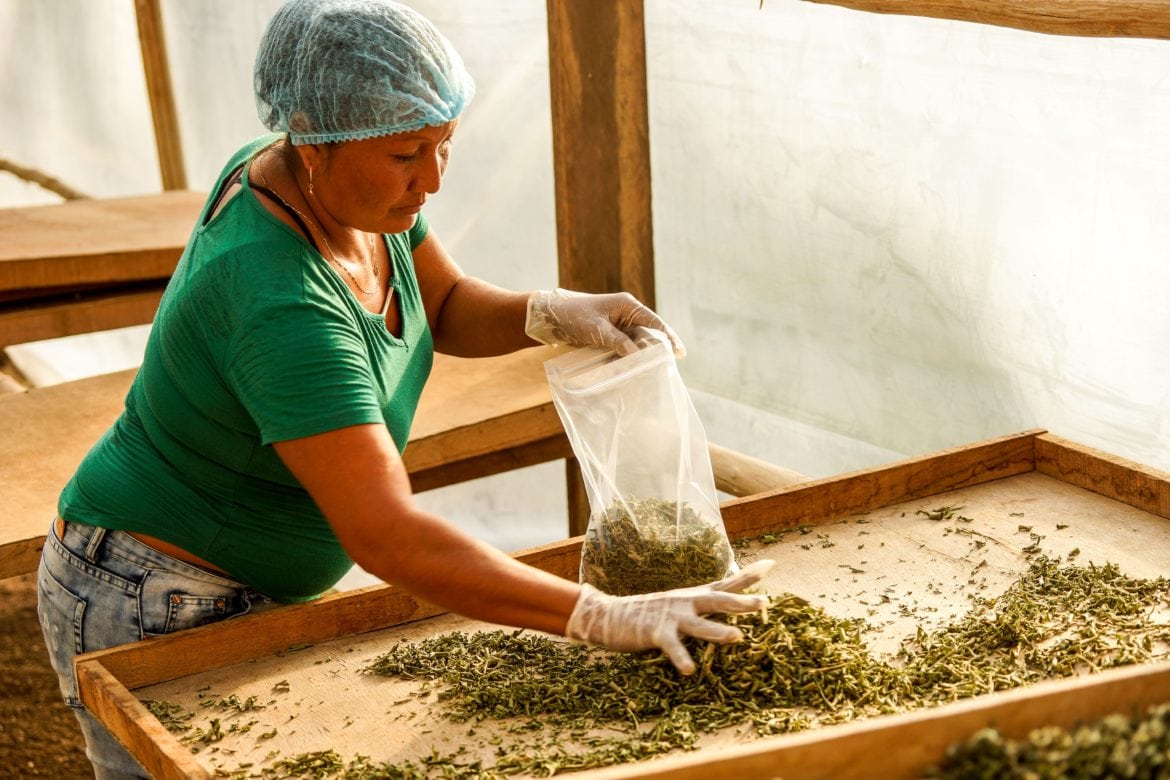
IMPROVING FOOD SOVEREIGNTY AND SUSTAINABLE INCOME GENERATION
In Suriname, accelerated climate change is resulting in altered flooding patterns, shifts in the growing and hunting seasons, and increasing prevalence of agricultural pests. Many villagers see extractive industries away from home, such as gold mining and logging, as their best chance for advancement. These activities, beyond their environmental destruction, often damage the social fabric and have devastating health impacts. To address these overlapping issues, ACT works with communities to increase the resiliency and yield of traditional agricultural systems in order to improve food security and generate income. Further, we support communities in establishing marketing channels for their agricultural products.
ACT also supports four non-timber forest product (NFTP) projects – honey from forest bees, wild-harvested herbal tea, forest peppers, and jewelry produced from rainforest seeds – to help improve the economic security of indigenous families in southern Suriname. The income generated from these initiatives oftentimes exceeds the region’s average.
STINGLESS BEE-KEEPING AND HONEY HARVESTING
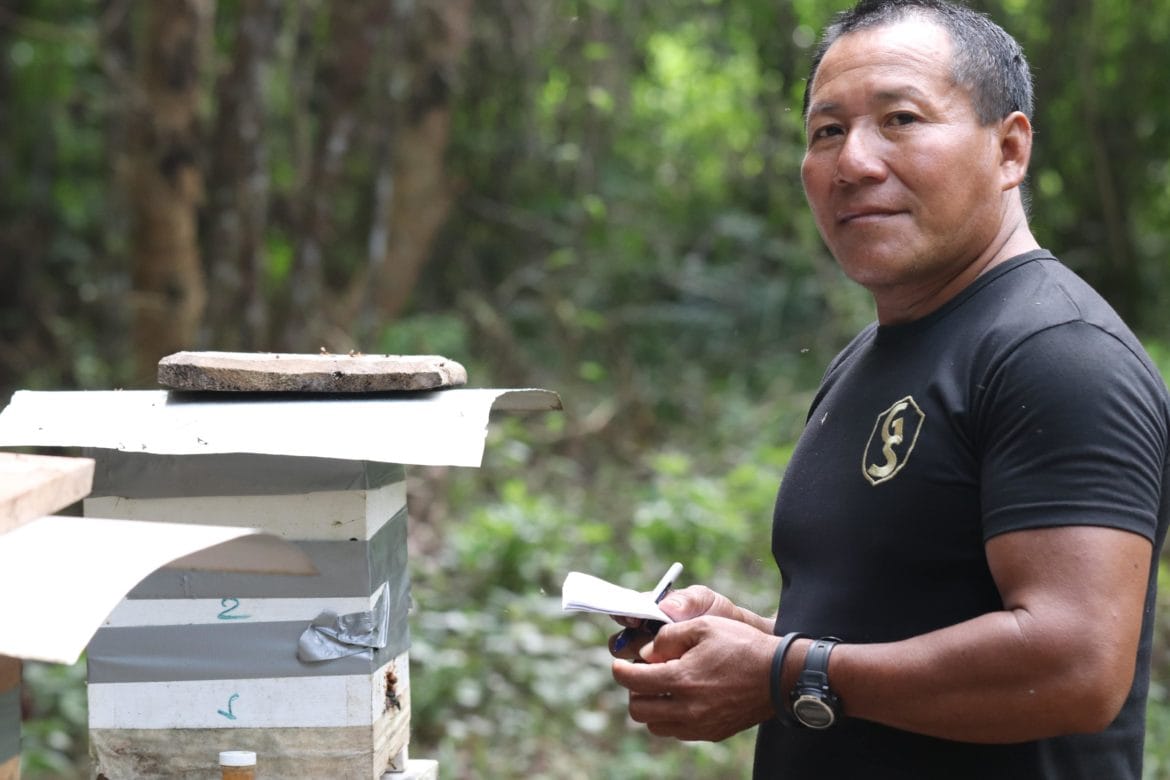
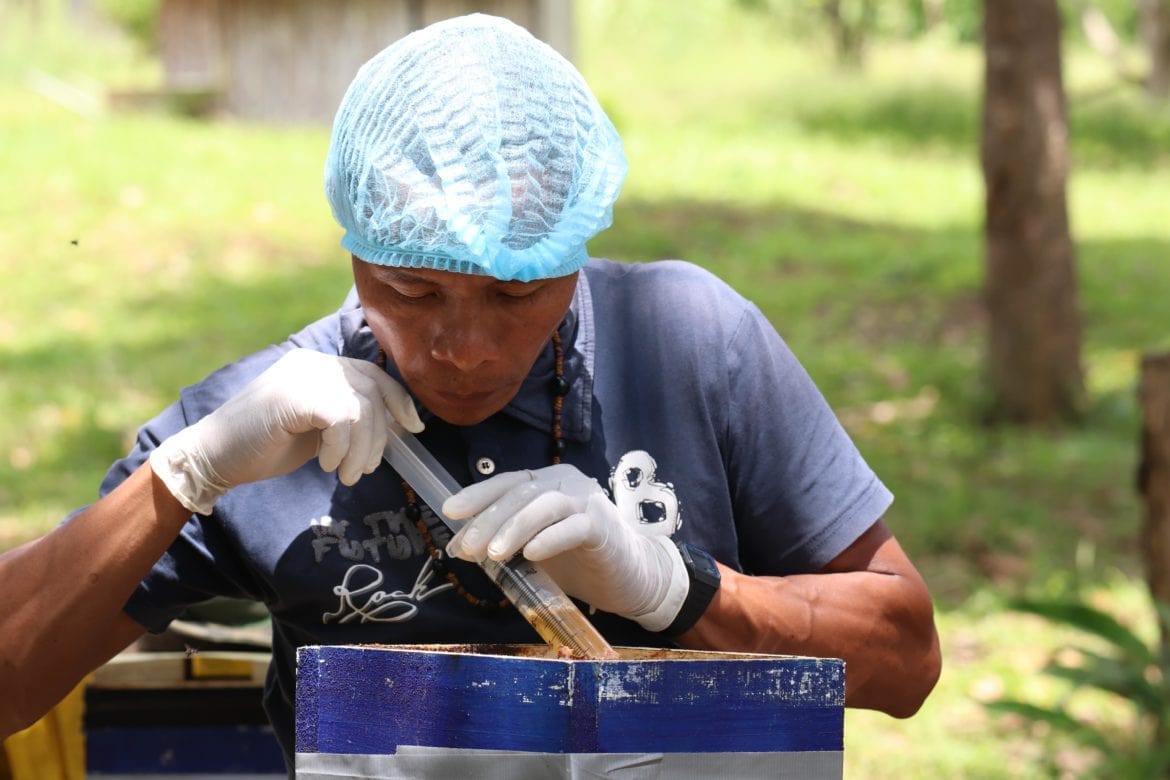
Stingless honeybees, or meliponines, are harmless pollinators native to tropical and subtropical forests across the world. In many South American countries, stingless beekeeping is a longstanding tradition – including for the indigenous communities with which we partner in southern Suriname. This project is active in the indigenous villages of Kwamalasamutu and Tepu, and provides economic benefits to 25 families. ACT supports the project by facilitating a sustainable value chain, identifying suitable partners and buyers, and providing technical assistance in beekeeping and honey harvesting. Not only is the honey sold externally, but it is also used locally for its medicinal properties as the bees collect botanical resins from the diverse trees and plants of the forest.
“Things have changed since the bee project arrived in [my village of] Kwamala. I believe that in the future, when the bee project grows even more, men from Kwamala will not search for money in other places and from gold mining. I don’t want to see my river, my creeks, and my forests destroyed. That’s why I want the bee project to grow in my village.”
-Ruben Sinkara, the “bee technician” of the stingless bee project in Kwamalasamutu
INDIGENOUS HANDICRAFTS
Many women in our indigenous partner communities in southern Suriname create ornate handmade jewelry, hammocks, and ceramics for their families and communities. For the past two years, ACT has been supporting a group of women who have formed a jewelry-making association. ACT has facilitated spaces for the women to improve their jewelry production techniques, strengthened their administrative capacities, and helped implement a business model. Their brand, Iniri, was officially launched at the end of 2021 and is currently being sold by three different vendors in the capital city of Paramaribo. The colorful jewelry is made from seeds that the women collect from the forest. The initiative also helps preserve indigenous artistic traditions.
GOVERNANCE
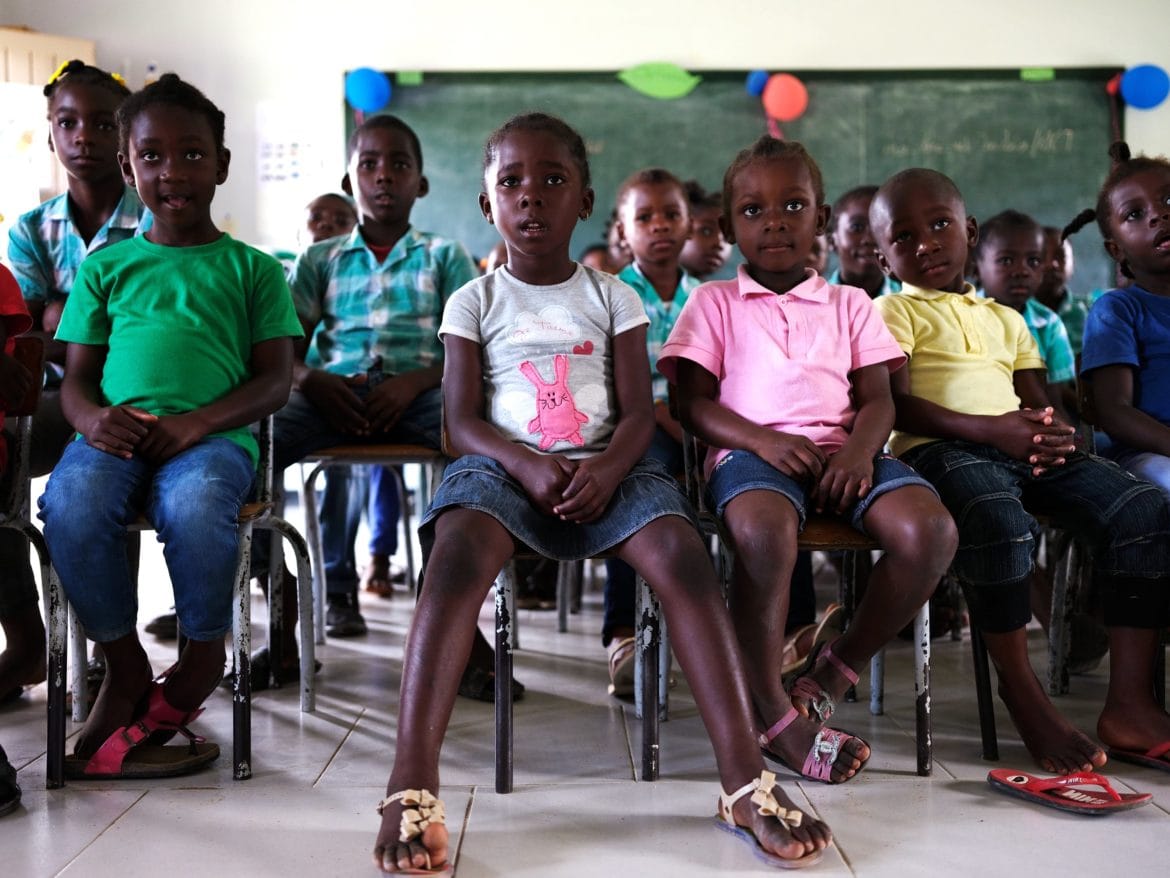
EDUCATION
The children of Amazonia will inherit both the promise and peril of the Amazon, and will hold tremendous responsibility for the health of their forests and people. ACT supports efforts to improve environmental education and instill the importance of ecological stewardship in the children and youth of Suriname. In partnership with the ACT-trained Amazon Conservation Rangers, ACT created Junior Park Ranger manuals that teach elementary children about the local flora and fauna, basic principles of conservation, and the country’s indigenous cultures. Suriname’s Ministry of Education decided to include this resource as part of a nationwide initiative, and now all children in Suriname’s primary schools benefit from these manuals.
TRADITIONAL MEDICINE
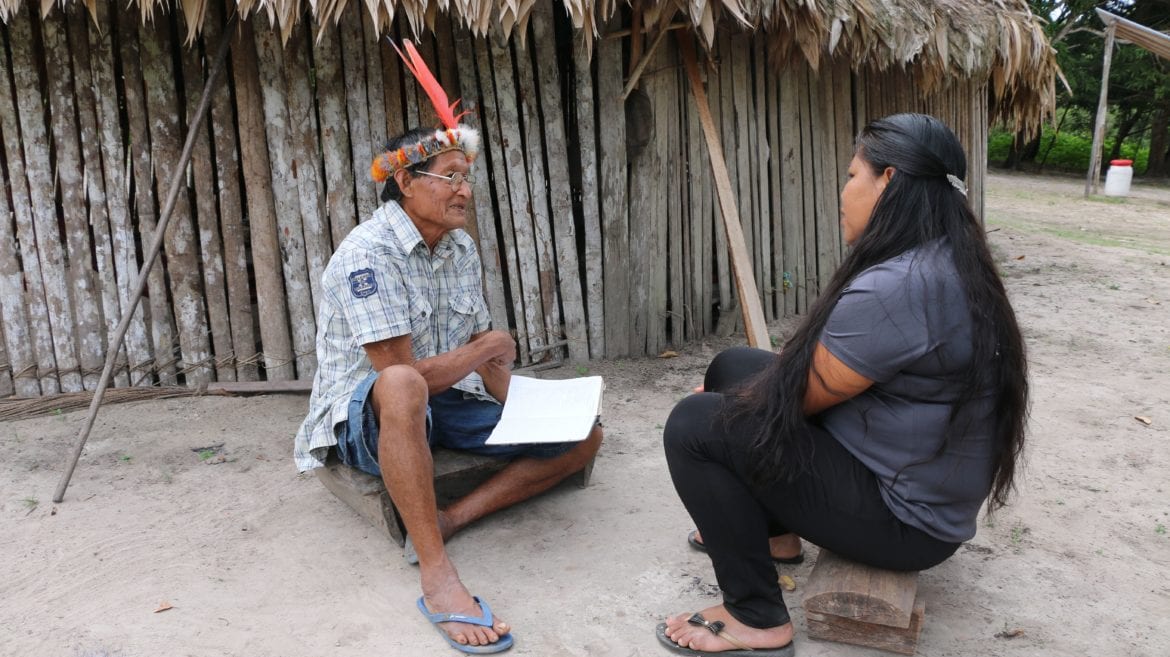
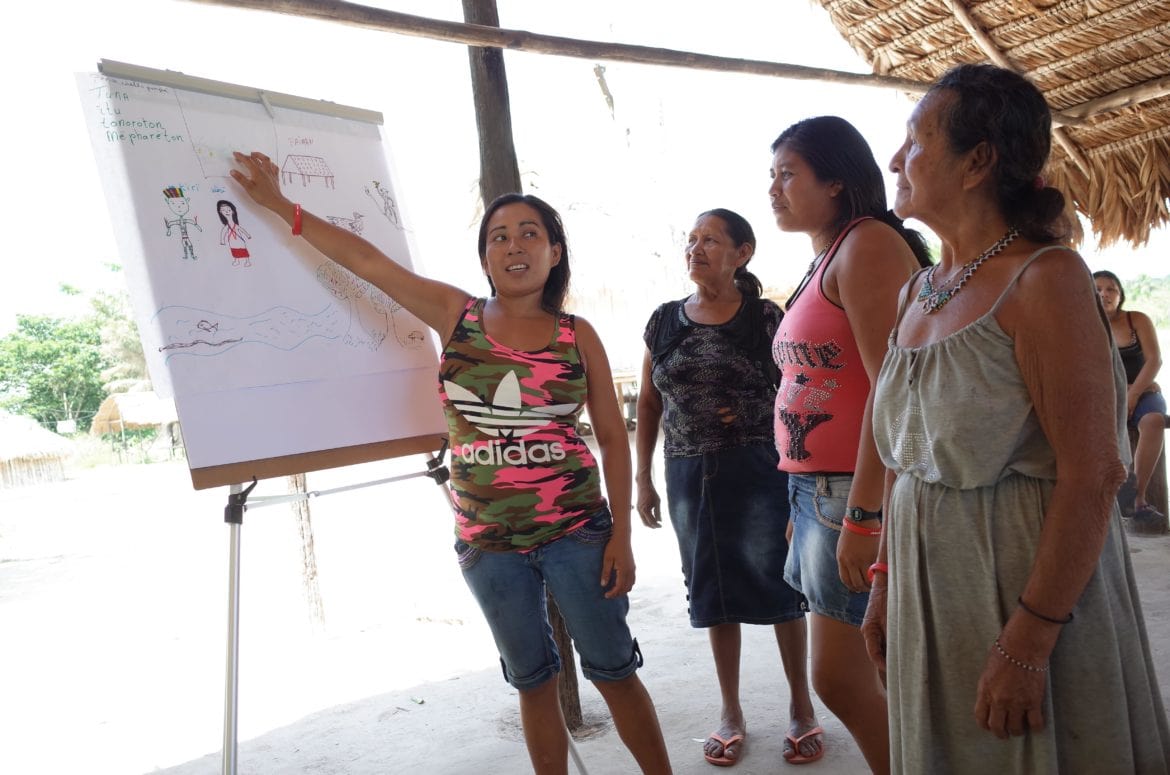
Part of the founding work of ACT, the Shamans and Apprentices Program commenced in 1997, and the first associated traditional medicine clinic was constructed in 1999. These initiatives seek to ensure the transmission and ongoing practice of indigenous medicine, based on healers’ encyclopedic knowledge of local flora. To that end, ACT helps record indigenous medicine practices in the local indigenous language to produce community books. We also sponsor apprenticeships in which young people can learn from community shamans and build traditional medicine clinics where these indigenous health practices can continue to be administered, complementary to Western clinics run by the state-authorized Medische Zending (Medical Mission). In 2003, this work was selected among a handful of global initiatives for UNESCO/NUFFIC’s Best Practices Using Indigenous Knowledge. ACT has constructed and supports the operations of five active traditional medicine clinics in Suriname, and is collaborating with the Medische Zending to promote the integration of traditional medicine into the national healthcare model for indigenous peoples.
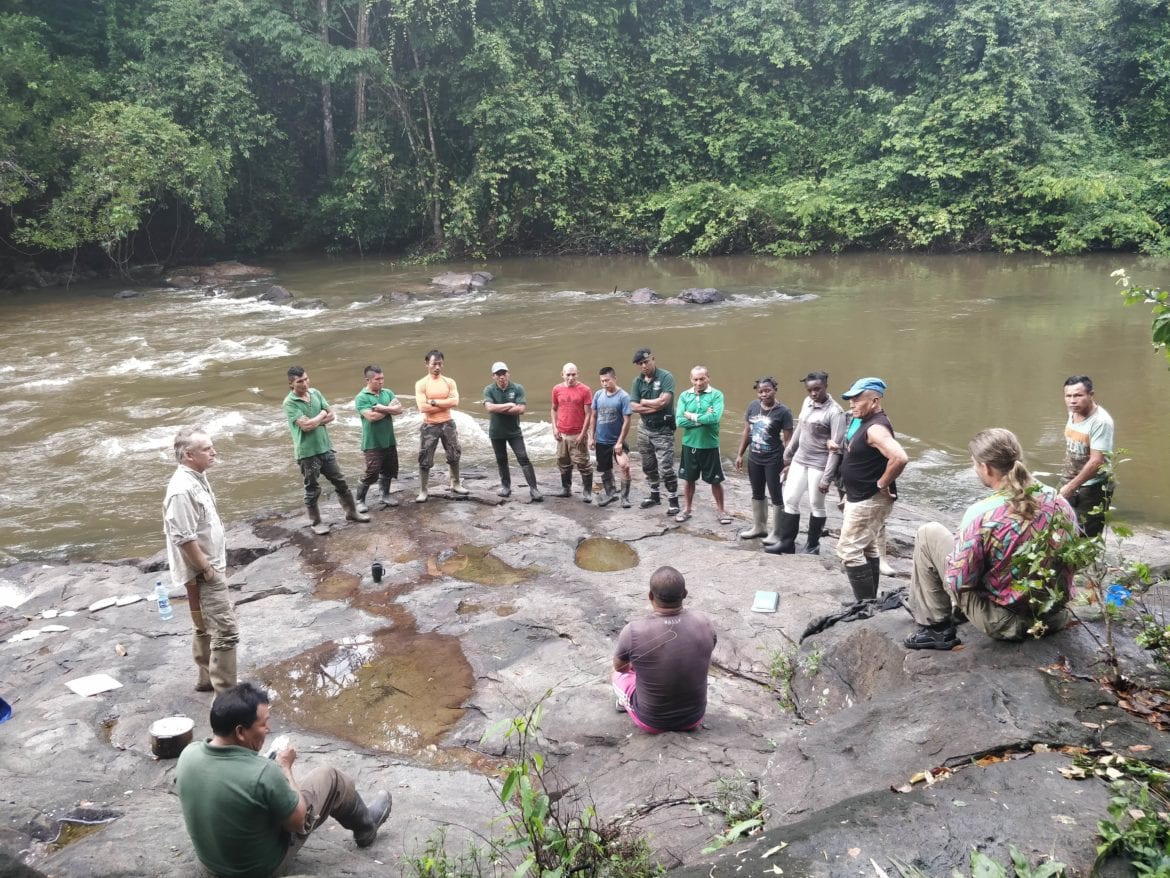
OUR PARTNERS IN CONSERVATION
In addition to working hand-in-hand with indigenous and Maroon communities to execute biocultural conservation projects, ACT also partners with other civil society actors in Suriname. These collaborations with local and state governments, NGOs, and indigenous and Maroon associations help maximize our effectiveness.
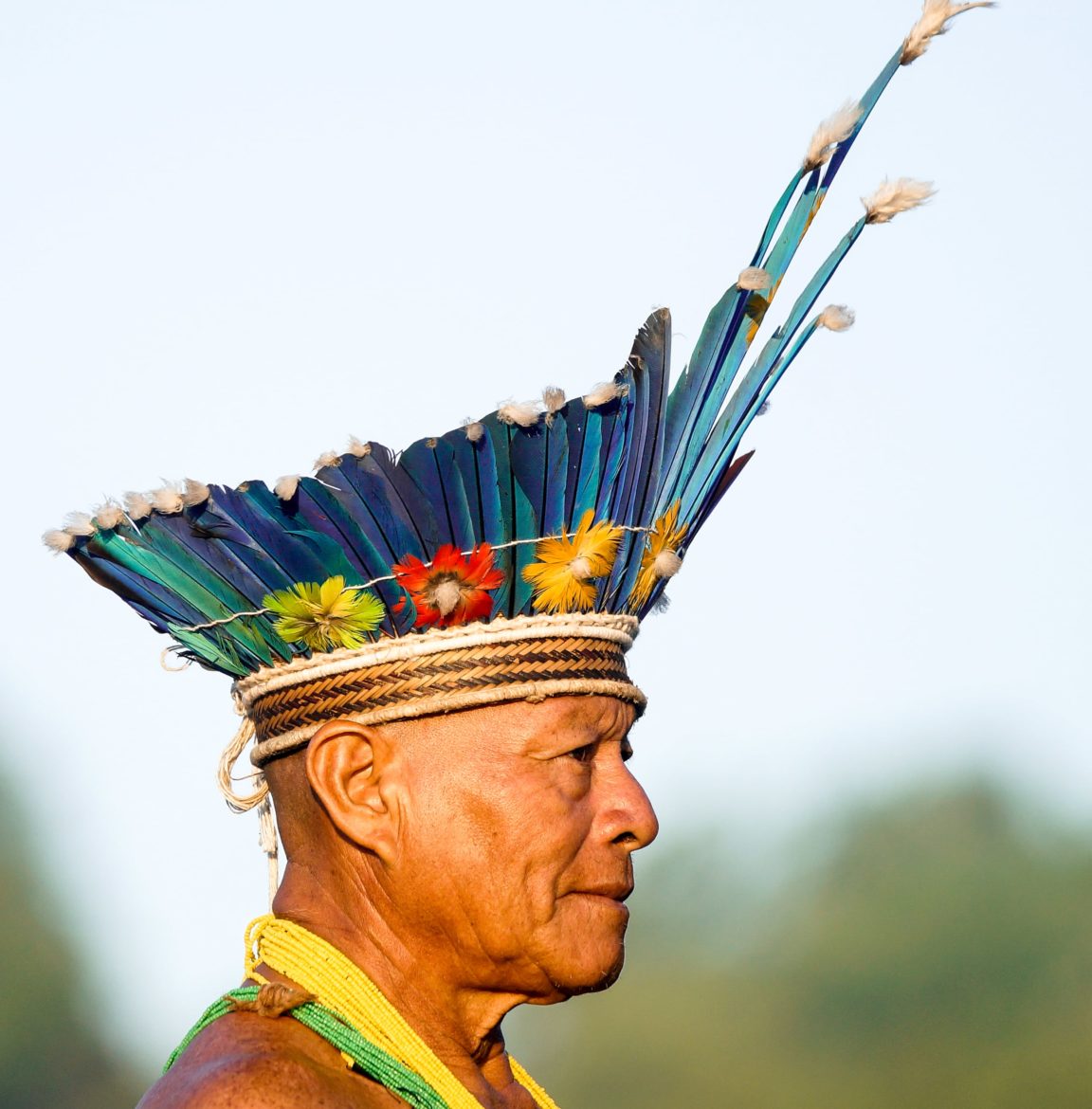
HISTORY
In 1996, ethnobotanist Dr. Mark Plotkin and conservationist Liliana Madrigal co-founded ACT. They wished to pioneer a new holistic form of conservation that worked hand-in-hand with indigenous and local communities. In contrast to ACT’s biocultural conservation model, the dominant environmental conservation model of the time often entailed creating protected areas that displaced indigenous communities. In contrast, ACT began with the conviction that the ecosystems of Amazonia and the indigenous and local communities who call it home are interdependent aspects of an integrated whole. After many successes in Colombia, ACT officially established its presence in Suriname and has been partnering with the indigenous and Maroon people of the country for over 20 years.
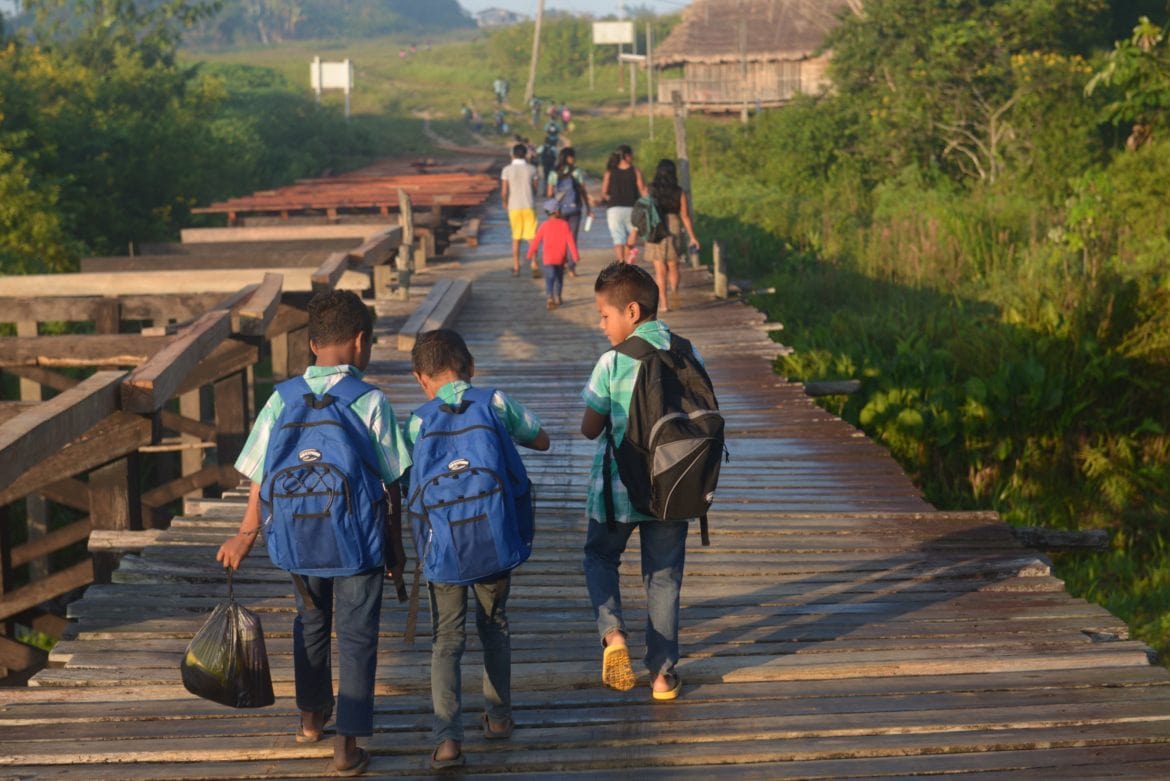
RECOGNITION
ACT has gained recognition from a variety of institutions for our innovative conservation approach which champions indigenous rights and self-determination. In 2002, ACT received the United Nations Environment Programme Global 500 Award in recognition of our conservation achievements. In 2008, ACT received the prestigious Skoll Award for Social Entrepreneurship, which recognizes innovators whose work has the potential for large-scale influence on the critical challenges of our time. In 2010, ACT was recognized as a Tech Awards Laureate by the Tech Museum in San Jose, for our work mapping the Amazon. And in 2015, ACT received the ‘Seeing a Better World’ Award from Digital Globe, a leading provider of high-resolution satellite imagery, aerial photos, and geospatial content.
ACCOMPLISHMENTS IN SURINAME
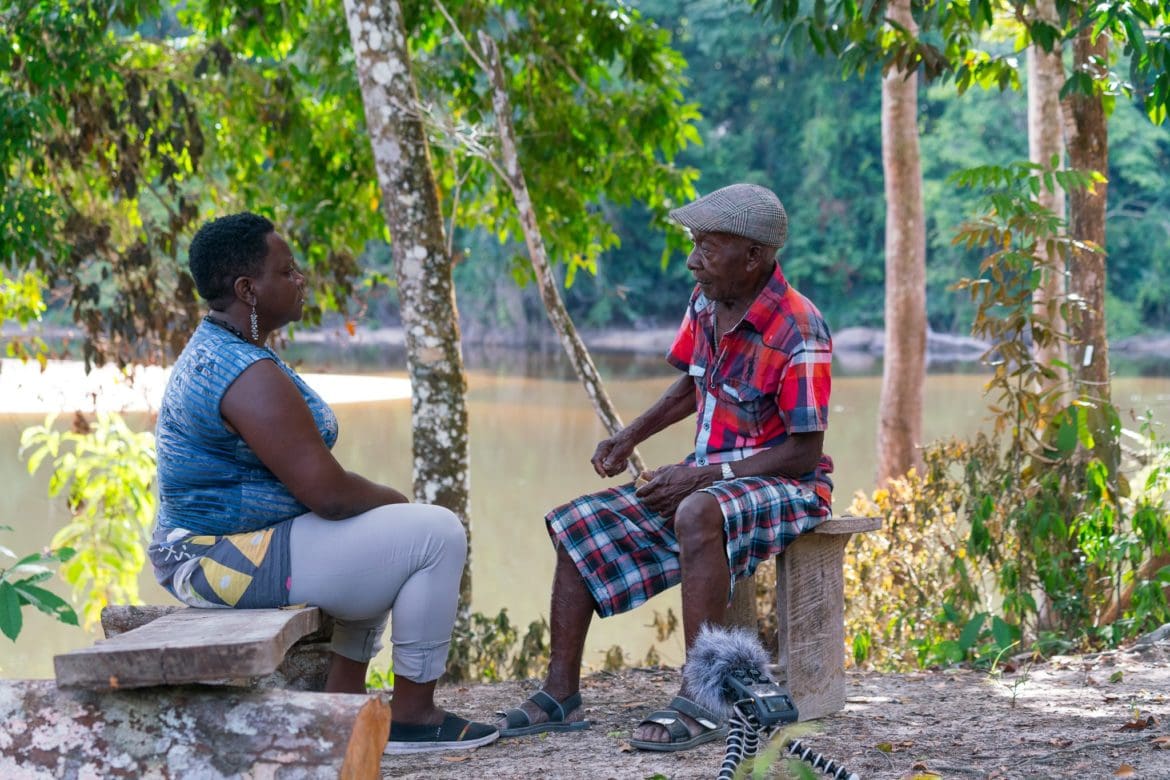
- ACT helped our indigenous and Maroon partners to complete participatory biocultural maps covering approximately 10 million hectares of ancestral territory. That’s about two-thirds the total size of Suriname!
- ACT trained and supports 42 active Amazon Conservation Rangers (ACRs), members of indigenous and Maroon communities, across eight villages in Suriname. ACT is working to ensure their recognition by the government and integrate their program and monitoring practices into national systems.
- ACT constructed and helps maintains six ACR stations with the latest technology and tools so that the ACRs are able to monitor and protect their territory.
- ACT constructed and helps maintain five traditional medicine clinics.
- For remote indigenous communities in southern Suriname, ACT helped establish and provides technical assistance to four NFTP income-generation alternatives.
- Using the Terrastories app, ACT assisted our Matawai Maroon partners collect extensive oral histories and produce an associated storytelling map that highlights Matawai history and ancestral territory – an exceptional documentation of their cultural heritage. Click here to learn more.
- ACT has installed and upgraded clean and sustainable solar energy systems in four indigenous villages, powering over 80 homes.
- ACT has begun to establish a presence in Guyana and French Guiana through strategic partnerships, and re-established our presence in Brazil with the goal of operating across the Guiana Shield.
WHAT YOU CAN DO
- Facebook (@AmazonConservationTeamSuriname)
- Twitter (@AmazonTeamOrg)
- Instagram (@amazonconservationteam)
- LinkedIn (@amazon-conservation-team)
For other inquiries please email us at: info@amazonteam.org
Share this post
Bring awareness to our projects and mission by sharing this post with your friends.


